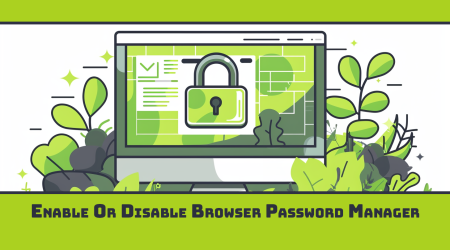For those of you who don’t know, we worked as a channel partner with Live Virtual Helpdesk for several years in the past. They are a good helpdesk solution and we still forward partners to them when they’re considering outsourcing or augmenting their internal helpdesk.
I still get calls even though we stopped directly offering helpdesk services almost a year ago now. And there are some pretty consistent thought processes MSPs often exhibit which I would like to address in this week’s blog post.
I am overworked so I’m hoping a helpdesk will reduce my workload.
Since Virtual Administrator often deals with smaller MSPs, this is a common discussion that I have with partners who are calling in on the phone. One-man-shops, or people with less than five employees often find themselves still highly intertwined in the day-to-day workings of their MSP.
Last week we talked about the implications of hiring your first employee and this advice is often exactly the same for hiring a helpdesk to help in this kind of scenario.
Outsourced helpdesks are very much like employees in this sense. They require ramp-up time like any other employee and they can only function best when you have the structure in your company to support adding new technical staff.
So when you’re overworked and hoping that the low-low price of an outsourced helpdesk will solve all your problems, you are most likely bound for disappointment.
I want to focus on contract work and have the helpdesk handle my day-to-day.
This is another rendition of the same thought process above. You realize that you are suffering from daily interruptions with all the little tickets that are coming in and want to be able to apply your technical skills to the big stuff.
If you followed our advice and already have a back-office staff who are helping with your PSA, customer relations, and more then you may find yourself in a position to best utilize an outsourced helpdesk.
However, you will often find that hiring staff internally at first can work better for only a marginally small increase in expense. This is because the helpdesk works best at scale. You will have metrics to work with and can share common issues with the helpdesk staff so they are better prepared. While you are still small you will find it difficult to communicate with the helpdesk the information that they need to best provide support.
I need to hire another tech but don’t quite have the cash flow to afford a good one yet.
For small MSPs who are starting to grow, the helpdesk can be a good stop-gap to “protect your dragon slayers”. One of our former helpdesk partners back in the day gave me that wording and it has stuck with me ever since. If you are hiring top tier technicians and want to apply their technical skills to the big problems, then outsourcing your level one tech work to a helpdesk can be beneficial.
Helpdesks cost about 1/2 to 1/3rd the cost of a good technician and can provide a similar amount of support to your clients. If your company has reached a point where functions are in place to create, track, and close tickets then a helpdesk can become a good way to augment the staff that you already have in place.
I want after hours support.
And finally, the last popular reason we ran into was organizations who were trying to make the jump to 24/7 and provide after-hours support without keeping one of their technicians on call all night. This is a valid reason to bring on a helpdesk and has worked well with our partners who have tried this in the past. But again it required the company to be at a certain level of development.
The big downside to this is that if the helpdesk finds itself stumped then they may escalate problems back to you in the middle of the night. Having a clear escalation path will help with this and it is possible you still keep one of your technicians on call at night to cover any big issues that the helpdesk cannot deal with.
Should I ever outsource my helpdesk?
All this leads back to the question of if you should ever outsource your helpdesk work. I’ve spoken with, and seen many MSPs who were very much against the idea of outsourcing their helpdesk, and for good reason. Your helpdesk is your primary communication tool with your clients and if the outsourced helpdesk fails to perform their job in a satisfactory way, then it can come back to haunt you.
This leads to the primary factor of working with an outsourced helpdesk: strong communication channels. If you are going to cut out one of your primary communication tools with your clients then it is important that you garner other forms of communication. Either by creating a solid and efficient ticket review process (we’ll talk about building a review-gate in a future posting), a strong customer relations department in your MSP, or some other form of client communications that lets them know that you are listening to them and that you have their primary interests at heart.
As our CEO at Network Depot Rich Forsen says, “We run a customer service organization that happens to do technical work.” If you decide to go the route of outsourcing technical work, then be mindful not to lose sight of this key principle.






